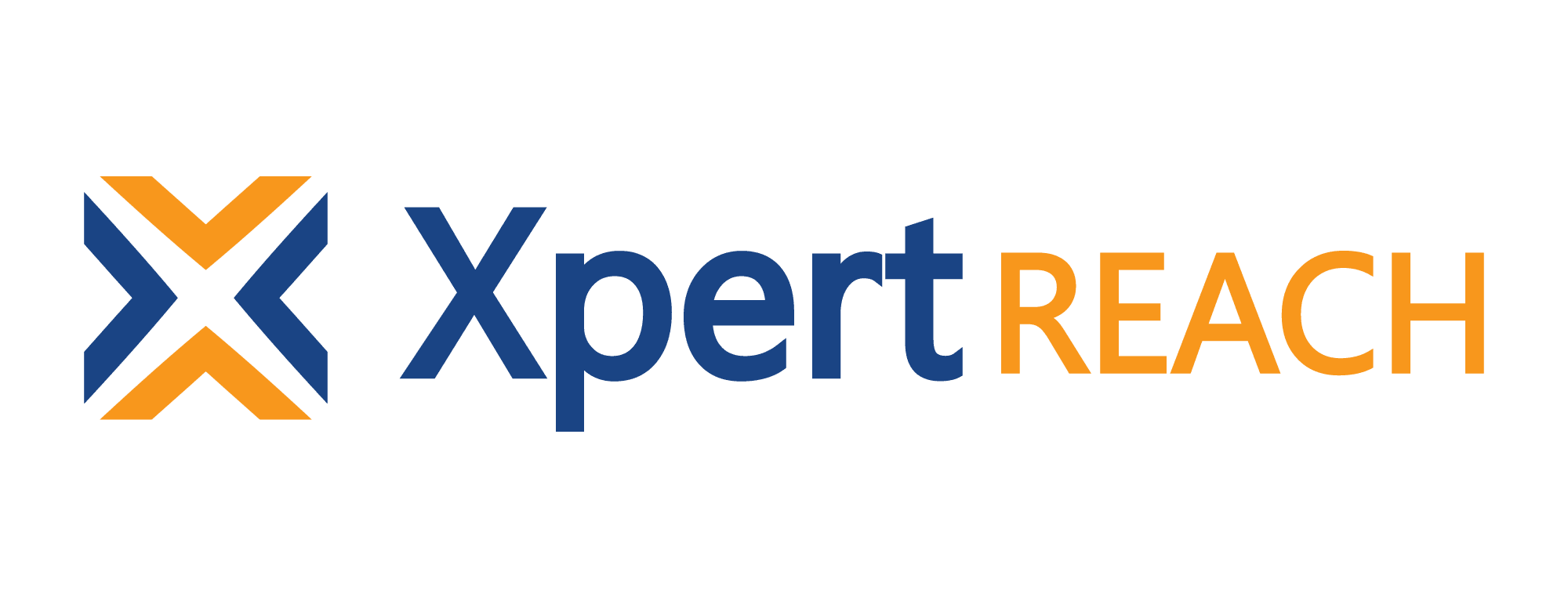Business Agility:
- August 28, 2020
- Posted by: Harsimran Kaur Saggu
- Categories: Gig economy, People & Talent

Transformation from desirability to necessity during COVID 19
Over-centralization, highly hierarchical structure, over compartmentalization, and lack of free movement of staff across different functions are things of the past. A quickly evolving environment, the constant introduction of new technology, and accelerating digitization are emphasizing the companies to change their business models. With the additional impact of the COVID pandemic, it is becoming even more necessary for businesses to adopt flexible models.
Companies can become fittest to survive by adopting an agile business model. According to an analysis by the Boston Consulting Group, agile companies obtain above-average margins five times more frequently and grow faster than the average company. Adapting quickly to market change, responding rapidly and flexibly to customer demand, adapting and leading change in the product in a cost-effective way without compromising quality, continuously being at a competitive advantage, agile decision making, and becoming more innovative are some of the outcomes of being an agile organization. According to McKinsey Global Institute’s research, business agility improves customer satisfaction( up to 30%), employee engagement(up to 30%), operational performance(30% to 50%), and financial performance (20% to 30%).
Adopting an agile business model has become necessary with the advent of COVID 19. This crisis is playing a crucial role in becoming an agile organization. But HOW? As the government of all the nations imposed lockdown for an indefinite period, a significant number of employees are forced to adopt remote working. So now the companies are using technology for communication and to manage the teams which helps them in becoming innovative and speedy. According to a report by economics times, 60% of the companies have reported an increase in individual employee productivity. The companies can think of having an office with lesser capacity as it can now have a mixed workforce comprising of remote employees and in-office employees. This will reduce the real estate cost of the company and provide more flexibility. According to inputs from senior managers at XpertReach, many hiring managers they have spoken with indicate that work from home is likely to continue and organisations are seeing a reduced long-term demand for office space, with offices used more as hubs than as co-located work spaces. With talent sourcing not limited to a particular geographical location, WFH offers opportunities for employers to attract the best talent from any corner of the world.

”Employees to be allowed to work from home permanently, even after the coronavirus pandemic lockdown passes” Twitter. Remote working was first a compulsion but now companies have understood the opportunities it is providing.
Birlasoft is a company that adopted an agile business model in the lockdown. They made small agile teams or microcosm with clear authority and accountability. The results that turned out were excellent and more than expected. The productivity of teams and client satisfaction increased. And The time taken to deliver the product was reduced significantly. Large companies like Google, IBM, Cisco, Microsoft, AT&T, etc. also have adopted agile business models.
“The turning point in the lives of those succeed usually comes at the moment of some crisis, through which they are introduced to their other-selves,” said Napoleon Bonaparte. This is also right for companies facing problems in the crisis. This crisis can be a turning point if the companies use the opportunities wisely.
The author is a student at The Shri Ram College of Commerce. Please see bibliography for details of research and articles quoted
BIBLIOGRAPHY
Venugopalan, Anjali.”Coronavirus impact on business productivity: Business productivity slips, individual output up, says Deloitte report,” The Economic Times, 28 April 2020.
Goswami, Arindam. “Birlasoft’s ‘agile pods’ maintain productivity levels during WFH,” HR Katha, 16 June 2020.
Iyanda, Dr. Olukunle A.. “Dismantling Organisational Rigidity: The effect of Strategy, Structure, and Culture Change.” Broot consulting.
“ Enterprise agility: Measuring the business impact”, Mckinsey and Company, March 20, 2020
Fabrice Roghé, Andrew Toma, Stefan Scholz, Alexander Schudey, and JinK Koike. “Boosting Performance Through Organization Design.” Boston consulting group, 17 July 2017.
“New report finds the majority of companies are embracing remote teams, yet more than half lack a remote work policy | Press, News & Media Coverage.” Upwork, 28 February 2018.
Wouter Aghina, Christopher Handscomb, Jesper Ludolph, Daniel Rona, and Dave West. “Enterprise agility: Measuring the business impact”, Mckinsey and Company, March 20, 2020.
